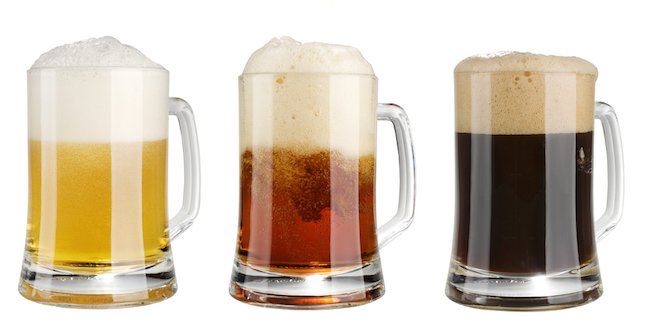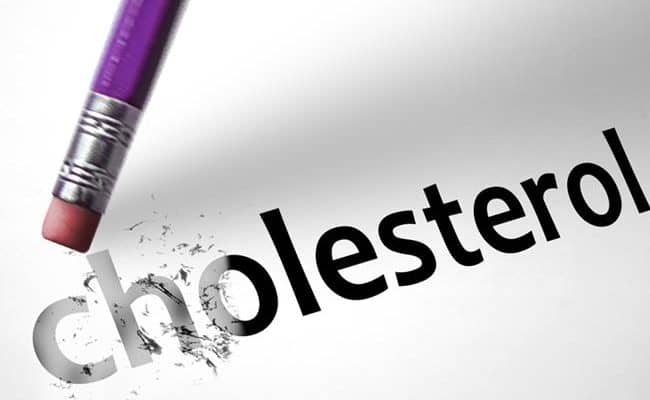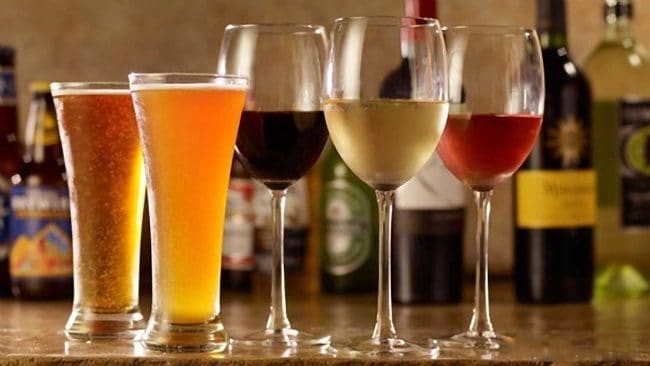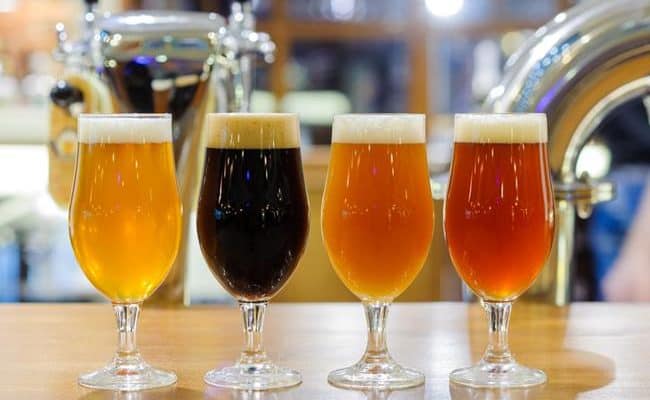
There are 7 calories in each gram of alcohol. This is compared to fat, which has 9 calories per gram and 4 calories in carbohydrates and protein. This makes alcohol pretty high in calories, and since it doesn’t provide much nutritional benefit, the calories that it provides are considered empty calories. Too many empty calories can lead to weight gain. So, does that mean that alcohol causes weight gain?
How does the body handle alcohol?
After drinking alcohol, it is quickly absorbed in the stomach and small intestine. It enters the circulatory system, and goes directly to the brain, liver and other tissues. It is then broken down and either used as energy or stored as fat.
It takes a while for the alcohol to turn into a source of energy, which is what causes the blood alcohol level to increase as you drink more alcohol. Alcohol can’t be stored in the body, so when you drink alcohol, your body will use the alcohol as fuel before other energy sources.
What does the evidence suggest?
A study, published in the American Journal of Clinical Nutrition, looked at whether regular alcohol consumption can cause weight gain and increase the risk of obesity. The subjects included 7608 men between the ages of 40 and 59 years old.
The study looked at the changes in body weight and alcohol intake of the men 5 years later to see if there was any change. The study found that the stable and heavy drinkers gained the most weight and had the highest BMI’s.
The conclusion of the study was that people who consume more than 30g of alcohol per day are more likely to gain weight and become obese.
Another article, also published in the American Journal of Clinical Nutrition, reviewed the findings from the first National Health and Nutrition Examination survey. It discussed the relationship between alcohol consumption, calorie intake and body weight.
It stated that drinkers had higher calorie intake than nondrinkers, but mostly because they consume more calories from alcohol. However, the drinkers did not have higher obesity rates than the nondrinkers. It also stated that as drinkers calories from alcohol increased, their non-alcohol calories decreased.
Finally, a third article, also from the American Journal of Clinical Nutrition, looked at whether drinking frequency is correlated with development of abdominal obesity. The subjects included 43, 543 men and women. Baseline information was gathered in the beginning of the study, and follow up was a few years later to see if there was any change in their waist circumference.
The participants also reported their drinking frequency, total alcohol intake and total calorie intake. It was concluded that regular consumption of alcohol is not necessarily involved in the development of abdominal obesity.
So, does alcohol cause weight gain?
Based on the evidence from these 3 studies, alcohol can cause weight gain if you drink large quantities of it. The study stated greater than or equal to 30g/day. A standard drink (12 oz 4% alcohol beer, 1 oz of hard liquor, or about 4oz 12% alcohol wine) will provide about 10 grams of alcohol.
Drinking alcohol does not always contribute to abdominal obesity. So, when you see someone with a “beer belly” it may not be from drinking alcohol, and may just be from consuming an excess amount of calories. So, basically alcohol can cause you to gain weight if it means you are consuming a greater amount of calories than you would if you weren’t drinking alcohol.
It is also not recommended to drink alcohol instead of eating food because, as stated above, alcohol is considered empty calories.
Although alcohol may not directly cause weight gain, it is no secret that when you drink alcohol, it may alter your judgment depending on how much you drink. You probably have ordered a pizza late at night after a night at the bar. And, maybe you even ate the whole thing.
Drinking alcohol can make you crave other foods, or possibly even binge eat at night. Think of all of the extra calories you are eating on top of all of the calories you just drank. Also, depending on how much you drink, you may be hung over the next day. Often, being hung over may cause you to crave greasy, unhealthy food the next day, which could throw off your whole healthy eating regimen.
What is the recommendation to avoid weight gain from alcohol?
As drinking may cause you to consume additional calories, either from the alcohol itself, or from the food you eat because of your lack of judgment, it is best to drink in moderation. Alcohol, when abused long term, can cause many serious health issues.
Alcohol isn’t always bad though. In fact, moderate alcohol consumption, especially red wine, in healthy adults may also help protect against heart disease. Moderate alcohol consumption meaning 1 drink per day for women and 2 drinks per day for men.
So you don’t consume additional calories, maybe consider replacing your dessert, or other form of empty calories with a glass of wine at night.
References used in this article










